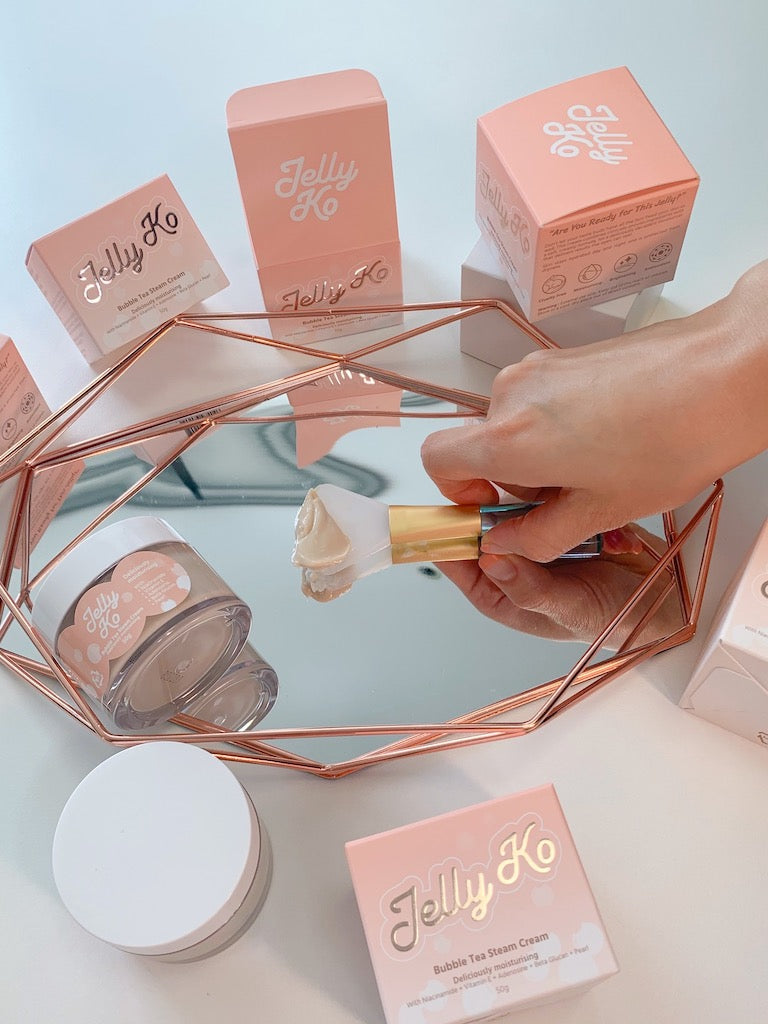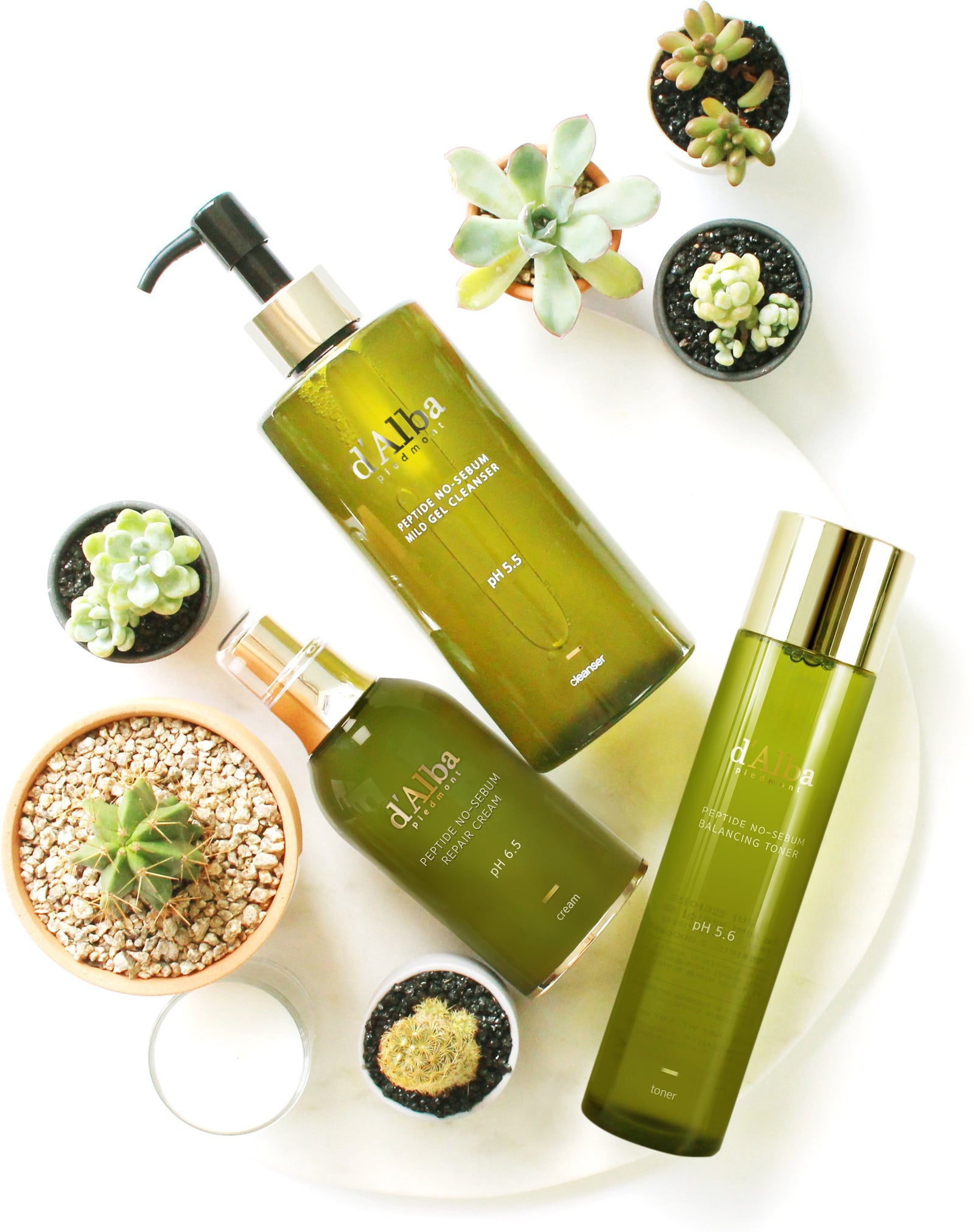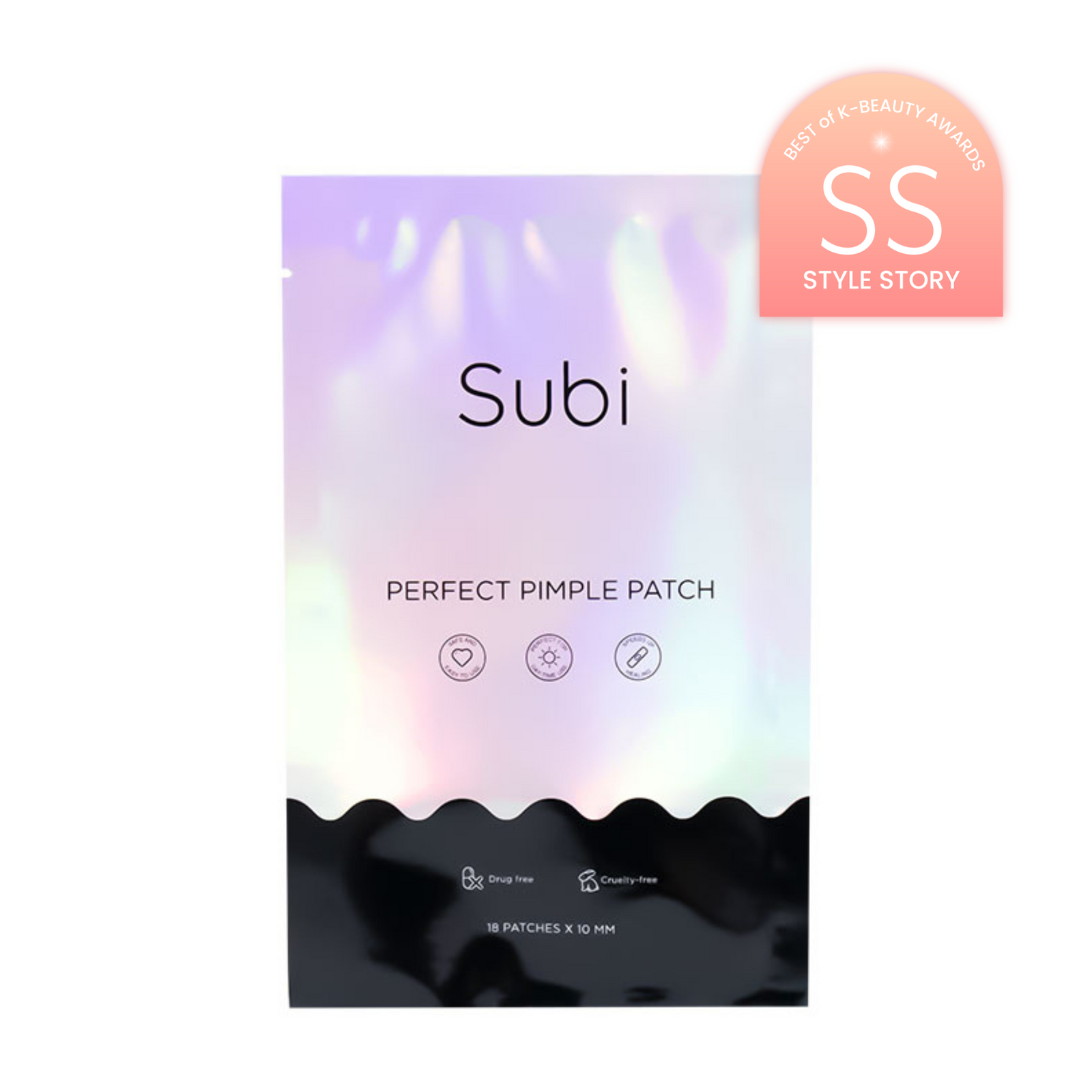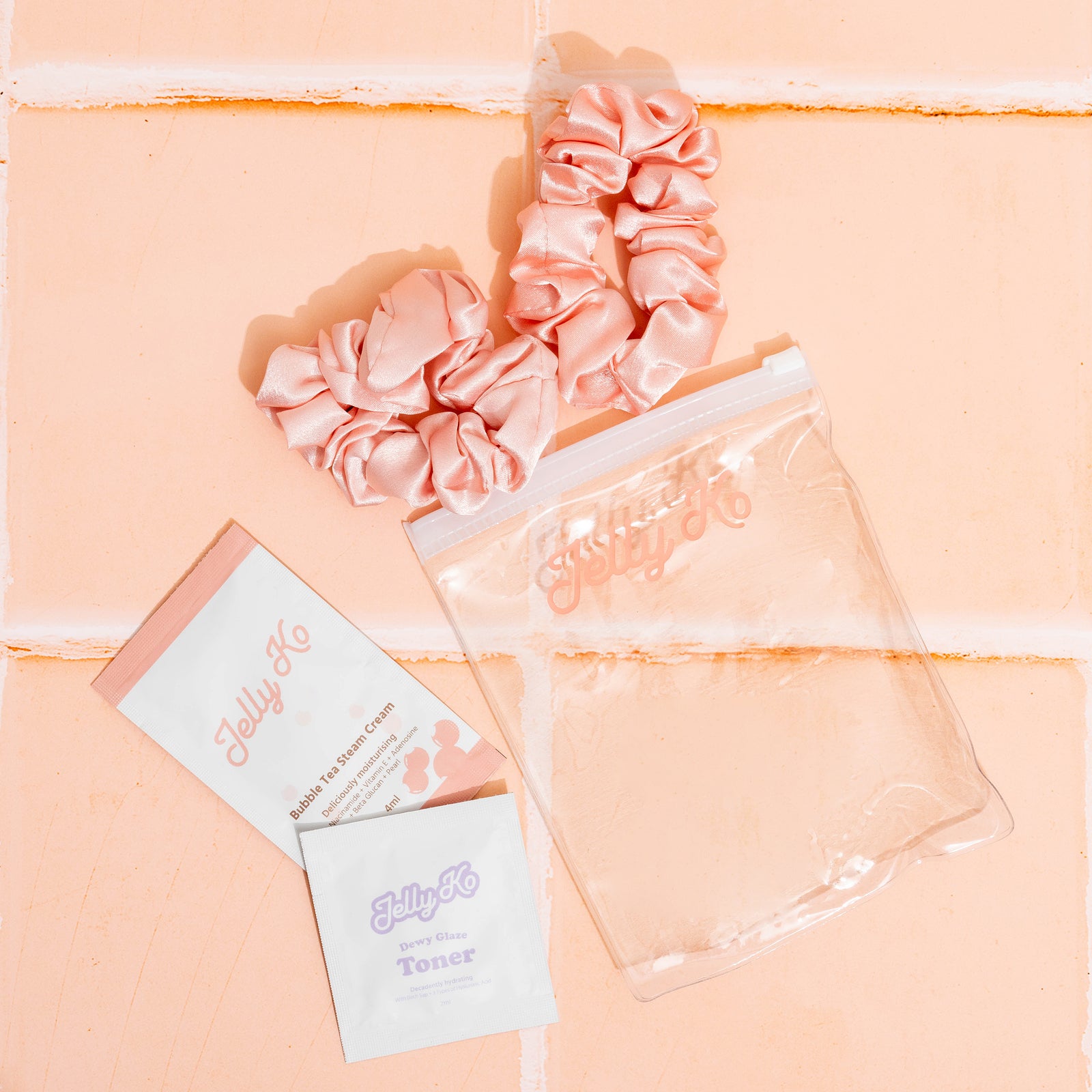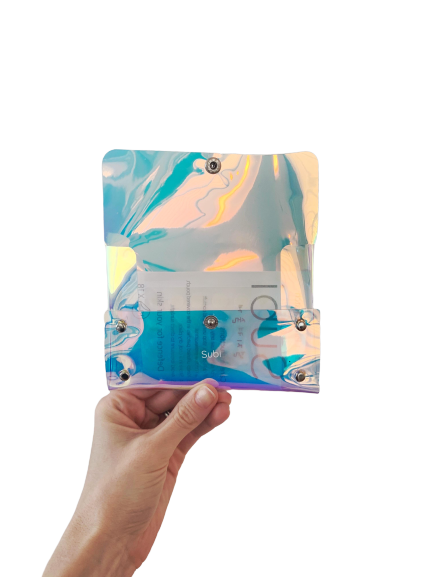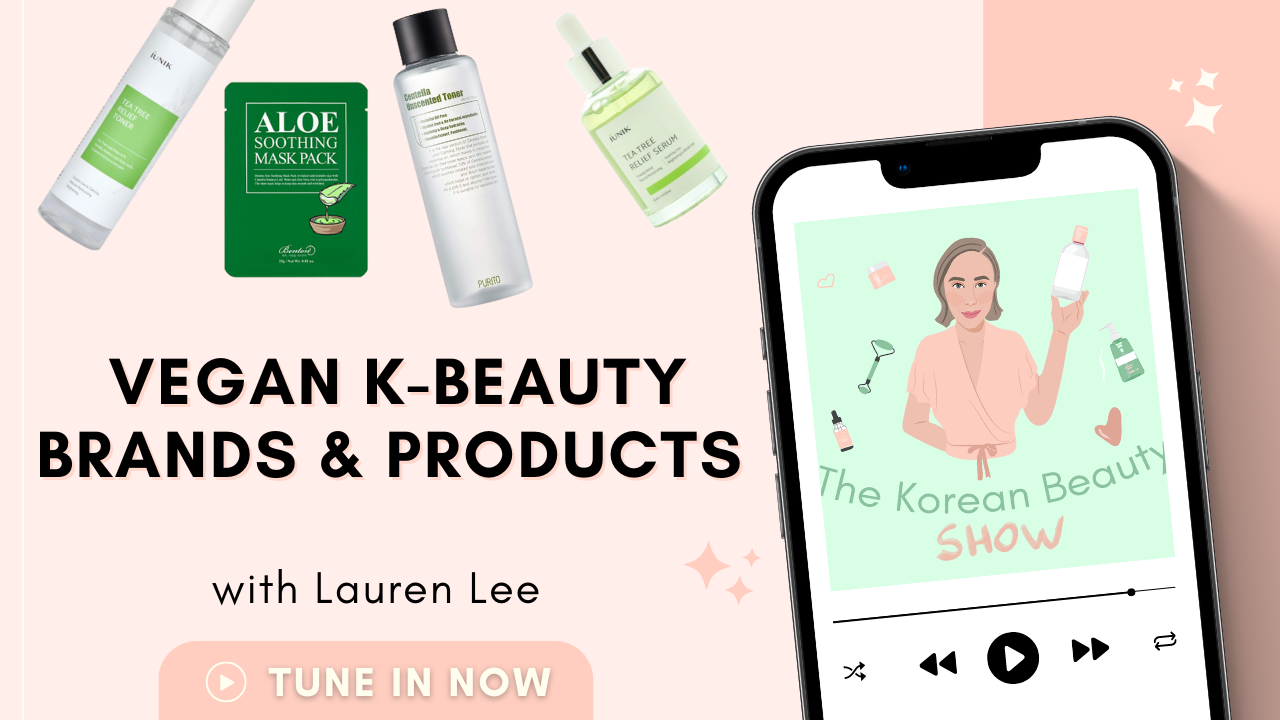Last month to shop K-Beauty on STYLE STORY. We’re moving to K-Beauty consultancy. Details
Menu

Vegan
Shop Vegan K-Beauty products that do not contain animal ingredients at STYLE STORY.
Related Articles
Vegan Korean Skincare
With the popularity of a vegan lifestyle continuing to grow, many Korean skincare companies are now focusing on the vegan beauty market, with some brands even focusing solely on vegan formulations. In line with the growing trend towards cruelty-free skincare and makeup (cosmetic testing on animals has been officially outlawed in Korea), brands are now firming their stance that no animals need to have suffered for your beauty at any stage of the product’s lifecycle.
What Are Vegan Cosmetics?
Veganism is a lifestyle that excludes use of animal products for food, clothing, or other purpose (including skin care and makeup). Vegan products do not use egg, milk, snail extract, bee by-products, or any other animal product. Contrary to popular belief, Vegan is not the same thing as cruelty-free, although vegan products may be cruelty free.
“Cruelty-free” implies that at any given stage of development, a product was not tested on animals. It is possible for a product to be vegan, but not cruelty-free and vice versa. Korea has been 100% cruelty free since 2018.
Skincare Ingredients For Vegans to Avoid
If you’re vegan, it can sometimes be tricky to work out whether the cosmetics you use are 100% vegan. Here’s some hidden skincare ingredients to look out for:
Collagen: There are several types of collagen commonly used cosmetics, one of them being bovine collagen (which is derived from pigs). Make sure that the collagen you’re using is derived from plants or is synthetic.
Lanolin: Lanolin comes from sheep’s wool, and is a common ingredient used in hydrating formulas.
Bee and Honey by-products: Keep an eye out for beeswax, honey, propolis and royal jelly, all of which are used in many natural skincare products thanks to their high antioxidant properties.
Squalene: Not to be confused with “squalane” ,squalene is commonly extracted from shark liver oil. Make sure that the product you are about to use contains vegan squalene instead, which is derived from olives and wheat germ.
Get Ready to Glow with Jelly Ko!
Looking for radiant, hydrated skin? Discover the power of Jelly Ko’s Best fo Beauty-Award winning Korean skincare products: designed to nourish, hydrate, and give you that glow!
Shop Your New Skincare Routine
